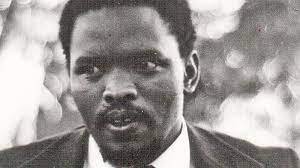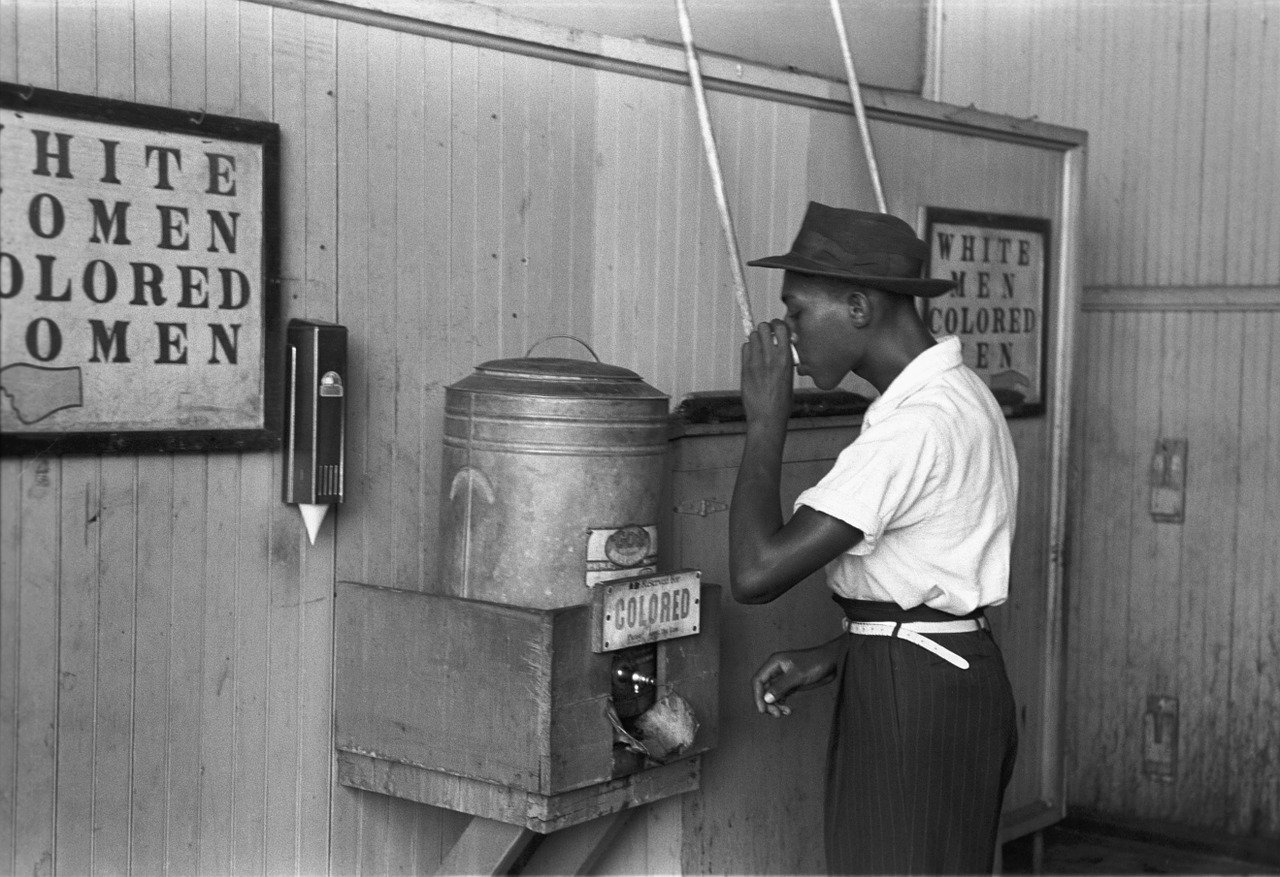The Role of Steve Biko in the Black Consciousness Movement:
Title: Steve Biko and the Black Consciousness Movement: A Catalyst for Change
The Role of Steve Biko in the Black Consciousness Movement
Stephen Bantu Biko, better known as Steve Biko, was an indomitable force in the anti-apartheid struggle in South Africa. He is primarily remembered as the charismatic and influential leader of the Black Consciousness Movement (BCM), which played a significant role in empowering and mobilizing the black majority against the oppressive apartheid regime. The BCM, with Biko at its helm, emerged as a groundbreaking force that revolutionized the South African political landscape and contributed to the eventual demise of apartheid.
The Emergence of the Black Consciousness Movement
In the late 1960s, Steve Biko, along with other politically inclined university students, was instrumental in the formation of the South African Students’ Organisation (SASO), an exclusively black student organization. Out of SASO, the broader Black Consciousness Movement was born. The movement aimed to liberate black people psychologically by urging them to reject all forms of white superiority and, instead, embrace their African heritage and identity.
Steve Biko: The Protagonist of Black Consciousness
Biko was not just the co-founder of SASO and BCM, but also the main ideologue, propagating the philosophy of black consciousness. He argued that the greatest weapon in the hands of the oppressor was the mind of the oppressed. Biko’s writings and speeches espoused a newfound sense of pride and self-affirmation in black identity. His ideology was a direct counterpoint to the internalized racism and self-loathing that many black South Africans experienced due to the colorist and discriminatory practices of the apartheid regime.
Biko’s black consciousness philosophy also extended to socio-economic aspects. He promoted self-reliance and empowerment within black communities, advocating for socio-economic structures independent of white control. His advocacy extended to community programs providing medical clinics, labor exchanges, and workshops on history and culture in local communities.
Biko’s Influence on Anti-Apartheid Struggle
Biko’s intellectual prowess, charismatic leadership, and his persistent advocacy for black consciousness significantly shaped the anti-apartheid struggle. His ideas played a key role in shifting the resistance strategy from passive acceptance to active confrontation. This shift was pivotal, leading to an intense period of civil disobedience and protest, especially during the 1976 Soweto uprising. Thousands of black South African students took to the streets, protesting against inferior education and the enforced learning of Afrikaans. Biko’s influence was seen clearly here, as the protest was underpinned by the Black Consciousness philosophy of self-worth and resistance to inferiority.
The Cost of Advocacy and the Legacy of Biko
The apartheid regime recognized the power and influence of Biko’s philosophy, viewing it as a substantial threat. As a result, Biko was subjected to numerous arrests, banning orders, and, ultimately, his brutal death in police custody in 1977. His death sparked international outrage, leading to intensified calls for the end of apartheid.
Biko’s enduring legacy is visible in the democratic South Africa, where his philosophy is enshrined in the principles of human dignity, equality, and freedom. His ideas remain relevant, especially in the ongoing global discourse about racism and the assertion of black identity. The Black Consciousness Movement, under Biko’s leadership, contributed significantly to the broader liberation struggle, making him a national icon and an international symbol of resistance against racial oppression.
Conclusion
Steve Biko’s role in the Black Consciousness Movement was transformative. He instigated a revolution of mindsets, inspiring black South Africans to reclaim their identity, dignity, and self-worth from the shackles of apartheid. Biko’s life and philosophy were characterized by his unwavering commitment to the emancipation of black people from socio-political and psychological subjugation. His efforts laid the groundwork for the widespread mobilization of the black majority against the apartheid regime, becoming a catalyst for significant political change.
Biko’s influence extended beyond the borders of South Africa, reaching a global audience. His philosophy has found resonance in various global contexts where racial inequality persists, reinforcing the critical need for self-love, dignity, and pride in one’s racial and cultural identity.
Even though Biko paid the ultimate price for his revolutionary ideals, his death did not signify the end of his influence. On the contrary, it galvanized the international community against the atrocities of apartheid and put the spotlight on the need for its abolishment. His martyrdom made him a symbol of resistance against racial oppression, not just in South Africa but worldwide.
In today’s South Africa, the principles that Biko espoused are deeply woven into the country’s fabric. They form the basis of South Africa’s post-apartheid national identity, underpinning the principles of racial equality, respect for diversity, and social justice enshrined in the South African Constitution. Moreover, his life and work are celebrated annually on Steve Biko Day (September 12th), demonstrating the enduring significance of his contribution.






